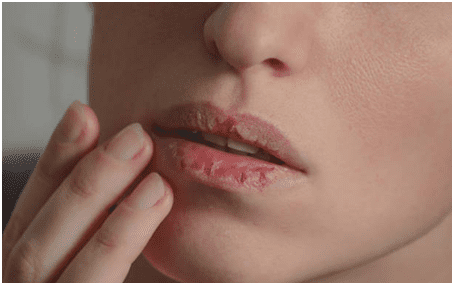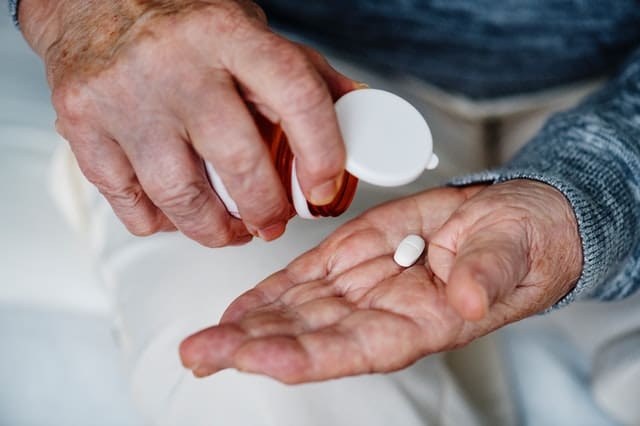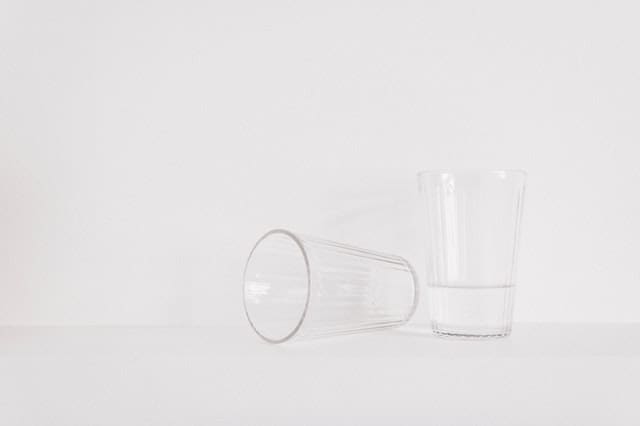What Could Be Causing a Dry Mouth?

Dry mouth, the technical term for which is xerostomia, is when a person experiences an unusually dry mouth. While some people might think experiencing dry mouth isn’t a big deal, it has a bigger impact on your oral health than you think.
Saliva helps protect our tooth enamel and provide it with the minerals it needs to stay strong. Without enough saliva, tooth enamel is prone to bacteria that can lead to tooth decay and gum disease.
In fact, lack of saliva has been linked to increased risk for fungal infections in the mouth, such as oral thrush. Not to mention dry mouth can make chewing and swallowing feel difficult, and contribute to chronic bad breath.
But what could be causing your dry mouth? Here are a few of the top causes of this condition that could be impacting your oral health!
Medications

There are hundreds of different medications both prescription and over-the-counter known for causing dry mouth as a side effect. Some of these medications include:
- Antidepressants
- High blood pressure medication
- Anxiety medication
- Antihistamines
- Muscle relaxants
- Decongestants
- Pain medication
- Medications for urinary incontinence
Some chemotherapy medications and treatments, including radiation therapy, can also cause dry mouth, although this effect usually subsides once the treatment is complete.
While some of these medications are, of course, necessary, if you suffer from chronic dry mouth, it might be helpful to talk to your doctor to determine if there are different medications you can try or for tips on how to combat your dry mouth to support your oral health.
Drugs and Alcohol

Drugs such as marijuana and methamphetamine are known to cause dry mouth, in addition to smoking or chewing tobacco. Smoking not only contributes to dry mouth, but to bad breath as well!
Alcohol will also cause dry mouth, since it has a dehydrating effect on the body. Alcohol has also been linked to an increased risk of tooth decay and gum disease, in addition to oral cancer.
The nicotine present in e-cigarettes or vaping products also contributes to dry mouth these products are still being researched and their effects on the body and the oral cavity are not yet clear, but we do know they contain dangerous chemicals and can dry out the oral cavity.
Quitting smoking and reducing your alcohol consumption can help you have a healthier smile and reduce your risk for dry mouth!
Dehydration

It’s estimated that 77 percent of Americans don’t drink enough water during the day. Your fluid intake will depend on your weight and activity level, with two to three cups per hour being a general rule, although you may need more if you work or exercise in the heat.
Dehydration can quickly dry out the oral cavity and lead to an imbalance of bacteria that can harm your tooth enamel. Remember, caffeine works to offset your fluid intake, meaning drinking coffee, caffeinated teas, or energy drinks won’t help you stay hydrated.
In addition, older people tend to be less thirsty and drink less water, increasing their risk for dehydration and making it even more important to stay hydrated throughout the day. Many older adults can benefit from gentle reminders such as an alarm or note on the fridge to help them reach their necessary fluid intake every day.
Certain Health Conditions

There are a few health conditions that have the potential to cause dry mouth on their own. For example, unmanaged diabetes can cause you to have less saliva, leaving you with a dry mouth. Dry mouth is a symptom of both type 1 and type 2 diabetes.
Sjogren’s syndrome is an autoimmune disorder in which causes dry eyes and dry mouth. Nearly every patient with Sjogren’s will have some degree of dry mouth, which can be managed with increased water intake, sugar-free chewing gum, and even using a humidifier for the dry seasons.
Even Alzheimer’s disease has been associated with dry mouth. In addition to not being as thirsty as they used to be, people with Alzheimer’s may be on certain medications that make dry mouth more likely. People with Alzheimer’s may also not be able to communicate to caregivers that their mouth is dry.
Human immunodeficiency virus (HIV) can also contribute to dry mouth, and could indicate the immune system has been damaged and that white blood cell count is low.
Sleep Apnea

Sleep apnea refers to sleep disorders where a person will actually stop breathing while sleeping. People with sleep apnea typically snore and sleep with their mouths open.
Not only does this dry out the oral cavity at night, but can lead to a dry mouth upon waking and for some, dry mouth during the day as well.
If you suspect you have sleep apnea or your partner hears you gasping for air at night, it could be time to seek an evaluation from a sleep specialist. Sleep apnea can have serious consequences and should always be treated so you can get a full night’s rest and help stop your symptoms!
Don’t Ignore Dry Mouth!
Ignoring your chronic dry mouth can increase your risk for oral health problems. Experiencing dry mouth once in a while usually isn’t problematic, but experiencing it on a daily basis is.
When you come in to see us for a checkup at Saunders DDS, we can evaluate your smile for signs of dry mouth and ask you questions about your experience with dry mouth. If you suffer from chronic dry mouth, it could be time to follow up with your dentist in Asheville or your doctor to determine the cause.
People who have to manage dry mouth may need to come in more often for a checkup, which can help prevent oral health issues. We can let you know our professional recommendation for the frequency of your visits with us as well as what you can do to help prevent and manage dry mouth.
Schedule an appointment with us at Saunders DDS to discover if you could be suffering from dry mouth and to help protect your teeth and gums. Call us today at (828) 277-6060 to schedule your consultation!
